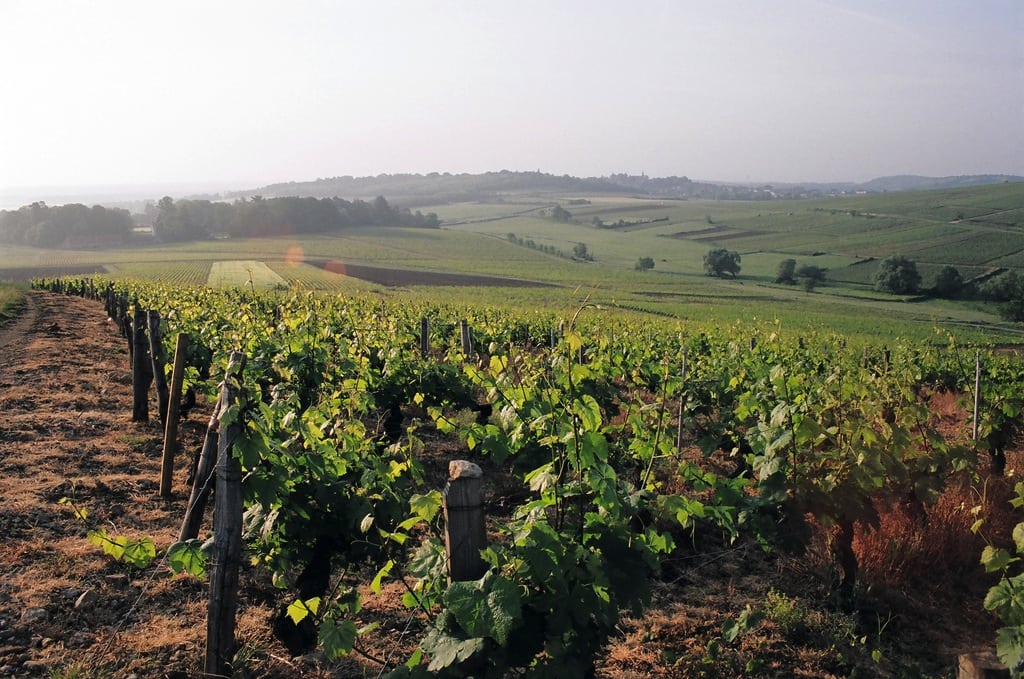Skift Take
It is only natural that the flexing of China's economic power would be reflected not only in dramatically rising tourist numbers, but also in the choices of investors, who are putting their money where their wine sensibilities are.
As a reflection of shifting economic fortunes, it takes some beating. Christie’s auction house is opening the world’s first estate agency for wealthy Chinese people who don’t merely want to buy the finest vintages by the bottle, they want to own their own vineyards.
Vineyards by Christie’s International Real Estate – the “first global advisory for buyers of vineyard estates” – is opening in Hong Kong, staffed by fine wine experts and property specialists to offer “a discreet consultative service for clients looking to acquire vineyards in the world’s most sought-after wine regions”.
The auction house explained that the move was “conceived to meet demand from clients at Christie’s wine auctions in Hong Kong requesting expert advice in purchasing overseas vineyard properties”.
The Chinese have developed a taste for the finest French wines and their extensive buying power has been credited with pushing prices for certain vintages to record levels.
Last year, Christie’s sold more than £23m worth of wine at nine sales in Hong Kong. A single jeroboam of 1999 Romanée-Conti burgundy sold for more than £47,000 at auction.
In March, a Hong Kong auction house sold three double magnums of 1990 Pétrus, a bordeaux, for a record price of £49,500, while a single bottle of 1947 Pétrus set another record at £9,900.
China is now the fourth largest export market for burgundy behind Japan, Britain and the US. This month, in a symbolic move, the Regional Council of Burgundy moved its only marketing office in Asia from Singapore to Hong Kong, reflecting its desire to target Chinese demand.
Burgundy’s attraction to Chinese investors is also reflected in visitor numbers with the number of Chinese staying at least one night in the province almost doubling from 38,000 in 2010 to more than 70,000 in 2011.
Meanwhile, China’s enthusiasm for bordeaux has contributed to what some believe is a bubble in the fine wine’s market. More recently, demand from affluent Chinese investors has extended to buying up vineyards which often come with a chateau attached.
Safer, (Sociétés d’Aménagement Foncier et d’Etablissement Rural), the body that monitors vineyard sales in France, said that of the 35 chateaux with vineyards sold in Bordeaux in 2011, 21 went to Chinese buyers. Of the 37 vineyard-chateaux sold last year, 23 went to the Chinese.
“The Chinese are snapping up Bordeaux properties at higher and higher prices,” said Adam Lechmere, news editor at Decanter.com. “It’s a perfectly logical thing for the Chinese to do. They value provenance above everything else. A common scenario sees them buy up the vineyard and take over everything from production to sales.”
However, Michael Baynes, a vineyard property specialist who works for Christie’s Bordeaux affiliate, Maxwell-Storrie Baynes, said:”It is essential that buyers work with experts who know the industry, operate in the local market, are well connected with local vineyard owners and are immersed in a region’s wine industry network.
“Vineyard markets in sought-after locations are often small and discreet, and without expert guidance, buyers may never even know they are on the market. It is not uncommon for more than half of our vineyards to be privately listed – never advertised and never placed on websites.”
However, some experts believe the rush among Chinese investors to buy into La Belle Vie may be mistimed because there are signs that Chinese demand for French wines may have peaked.
The Liv-ex Fine Wine 50 Index, comprising 10 vintages of leading wines, declined 9.7% last year after a 17% drop in 2011. Much of the decline was attributed to falling demand from Chinese investors who began baulking at prices after realising that they had overpaid in previous years. A bellwether premium cru, Chateau Lafite, was selling at auction for about £14,600 a case in November 2011. Now it is going for £7,300 a case, largely as a result of softening Chinese demand.
China’s spending spree has not been without controversy. The acquisition of a vineyard in Burgundy last year by a Chinese casino millionaire caused an outcry among locals who warned that their heritage was under threat.
However, Lechmere said the belief that Bordeaux’s vineyards were all privately owned was a myth. A large propotion are owned by “insurance and pension companies and faceless multinationals”, he said.
This article originally appeared on guardian.co.uk
![]()
The Daily Newsletter
Our daily coverage of the global travel industry. Written by editors and analysts from across Skift’s brands.
Have a confidential tip for Skift? Get in touch
Photo credit: Many wealthy Chinese not only have a taste for great French wines, now they want to buy the vineyards, too. Nick Petten / flickr.com
